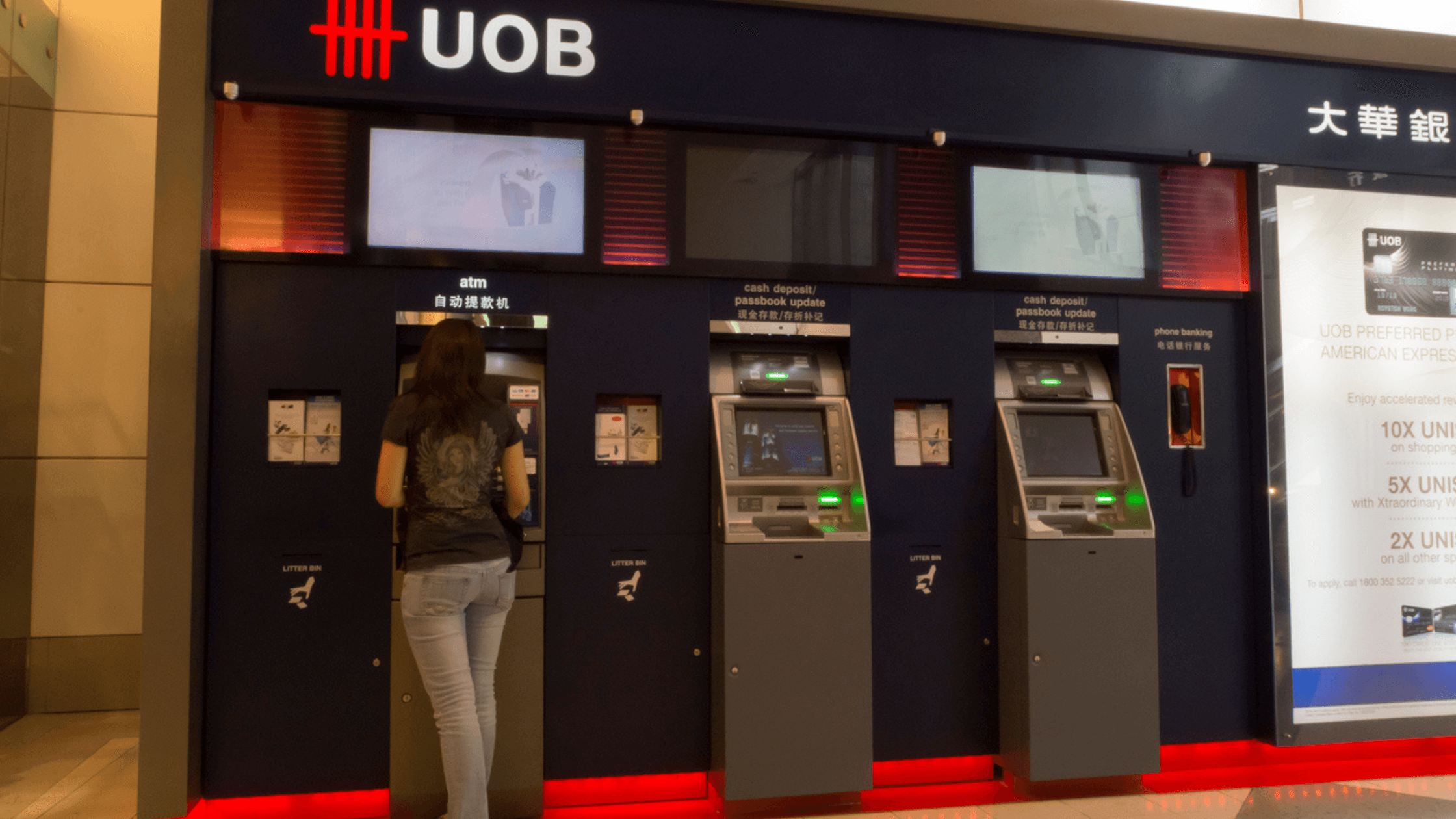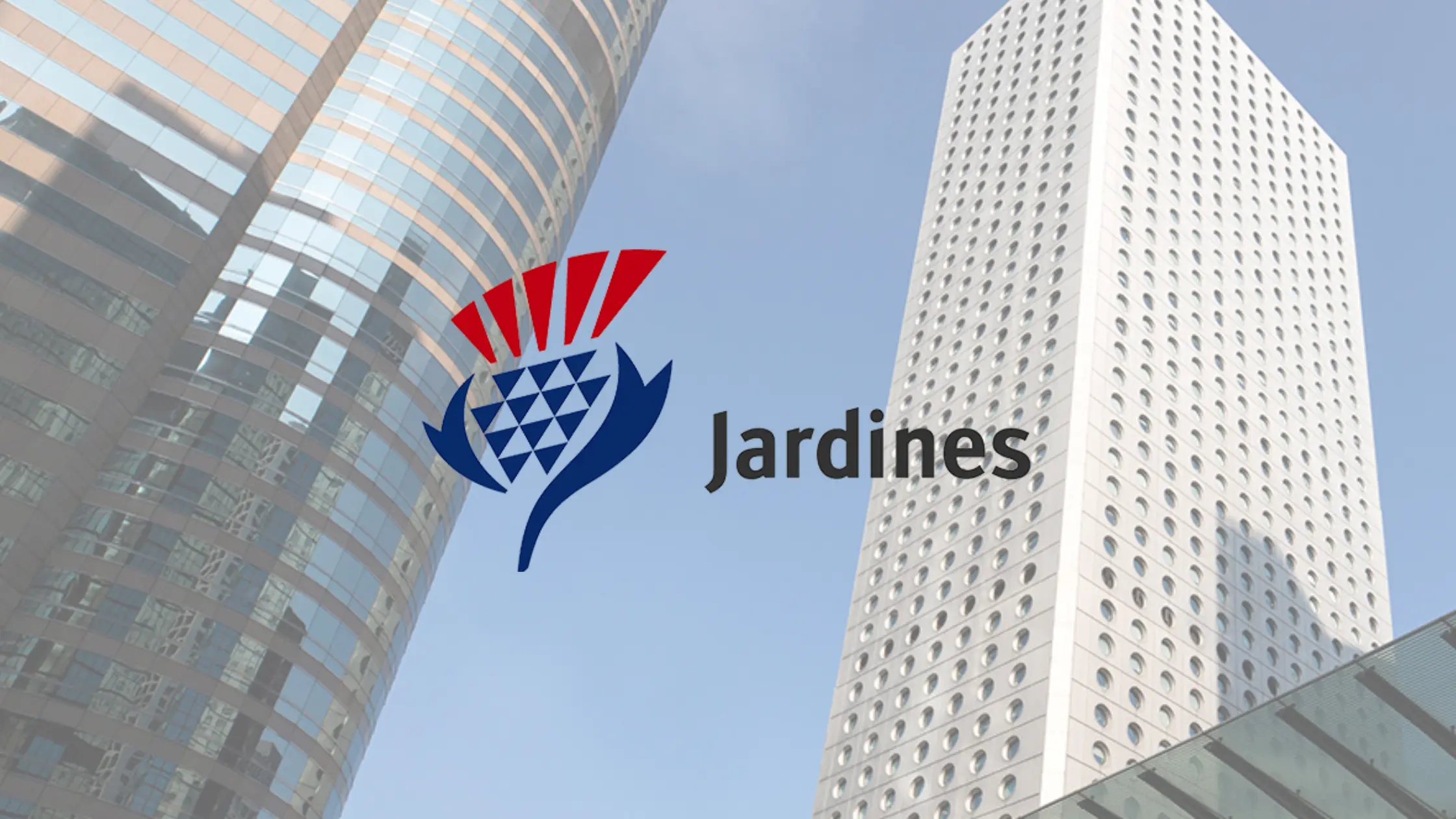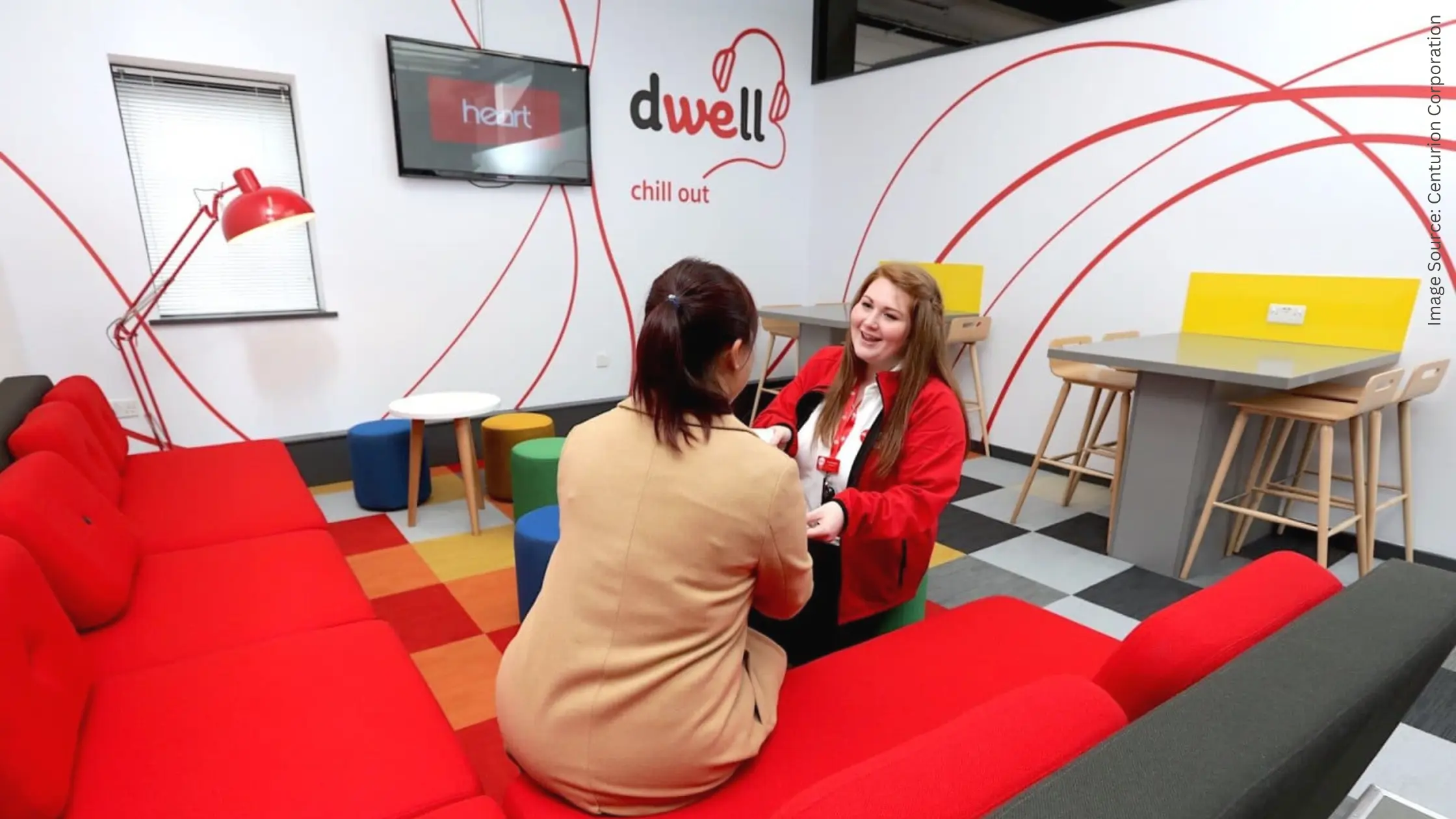UOB to Buy Citi’s Southeast Asian Assets: Is It a Good Deal?
January 18, 2022

The stock prices of Singapore banks have gotten off to a great start in 2022. That’s because interest rates in the US are set to rise substantially this year.
Naturally, that’s good news for banks globally since their net interest margins (NIMs) should widen – resulting in higher profits via net interest income (NII).
For dividend investors in Singapore, that has resulted in seeing their favourite big bank stocks rise in both 2021 and early this year.
Of the big three, United Overseas Bank Ltd (SGX: U11) – otherwise known as UOB – has been a standout performer in the first few weeks of January, versus its peers DBS Group Ltd (SGX: D05) and Oversea-Chinese Banking Corp Ltd (SGX: O39), known as OCBC.
UOB’s shares are up nearly 12% so far in 2022 and that was also due to some positive news.
At the end of last week, it was announced that UOB would acquire US-based Citigroup Inc’s (NYSE: C) consumer businesses in four Southeast Asian countries; Indonesia, Malaysia, Thailand, and Vietnam.
The price tag of S$4.9 billion for the assets made it a sizeable deal. Yet should UOB shareholders be happy about this new acquisition?
Expanding its ASEAN footprint
This deal for UOB will see it significantly expand its already-robust presence in Southeast Asia.
Traditionally known as the ASEAN-centric bank of Singapore’s “Big Three” banks, UOB already has a significant retail banking presence in Malaysia, Thailand and Indonesia.
Under the proposed acquisition of Citi’s assets, this is set to grow substantially across all markets. Not only that, Citi’s client base in the various ASEAN markets will also be a boon to UOB’s various existing customer segments (see below).

Source: UOB investor presentation, 14 January 2022
This should allow UOB to leverage its existing capabilities in the four ASEAN countries and extend its current offerings to its newly-acquired customer base.
Citi’s current consumer portfolio in the four countries totals S$9.6 billion while 5,000 existing Citi employees will transfer over to UOB.
As a result of the acquisition, UOB’s pro-forma geographical loan mix (for H1 2021) would see the contribution from “Rest of ASEAN” – which excludes Singapore – rise from 21% to 23%.
Reasonable price
The price tag of S$4.9 billion values the deal at 1.2x Citi’s net assets of S$4.0 billion and the acquisition is expected to be immediately accretive to both earnings per share (EPS) and return on equity (ROE), excluding one-off transaction costs.
Meanwhile, the funding for the deal will come completely out of UOB’s excess capital. While that may limit the potential for a dividend hike surprise for shareholders, UOB management did say it was comfortable maintaining its current 50% dividend payout ratio.
As for the timing, UOB expects to fully integrate customers and employees in Thailand and Malaysia by the middle of 2023 while it expects the Indonesia and Vietnam operations to be migrated by the first quarter of 2024.
Growth boost for UOB
Overall, it looks like a solid deal for UOB shareholders, who will see the bank acquire extra customers in what is still an exciting and fast-growing sub-region of Asia.
This should provide an extra growth lever for UOB, which is something that it and OCBC have sometimes lacked when compared to Singapore’s heavyweight bank; DBS.
Much like REITs in Singapore, the big banks are starting to flex their financial muscles overseas in order to tap into more growth opportunities.
This latest deal should bode well for dividend investors in Singapore banks who want to keep seeing that dividend per share (DPS) grow over time.
Disclaimer: ProsperUs Head of Content & Investment Lead Tim Phillips owns shares of DBS Group Holdings Ltd.

Tim Phillips
Tim, based in Singapore but from Hong Kong, caught the investing bug as a teenager and is a passionate advocate of responsible long-term investing as a great way to build wealth.
He has worked in various content roles at Schroders and the Motley Fool, with a focus on Asian stocks, but believes in buying great businesses – wherever they may be. He is also a certified SGX Academy Trainer.
In his spare time, Tim enjoys running after his two young sons, playing football and practicing yoga.







